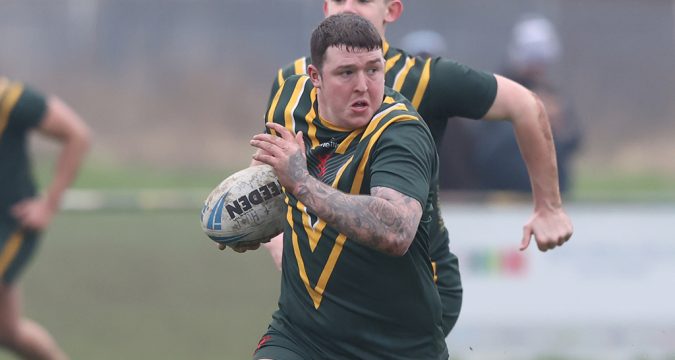 West Hull may be riding high in the National Conference League Premier Division, but below them, all is not quite as rosy for amateur rugby league in the city.
A CURSORY glance at the National Conference League table would suggest that all is well regarding amateur open age rugby league in the city of Hull and its immediate environs.
West Hull
West Hull may be riding high in the National Conference League Premier Division, but below them, all is not quite as rosy for amateur rugby league in the city.
A CURSORY glance at the National Conference League table would suggest that all is well regarding amateur open age rugby league in the city of Hull and its immediate environs.
West Hull The decline of amateur rugby league in Hull
 West Hull may be riding high in the National Conference League Premier Division, but below them, all is not quite as rosy for amateur rugby league in the city.
A CURSORY glance at the National Conference League table would suggest that all is well regarding amateur open age rugby league in the city of Hull and its immediate environs.
West Hull
West Hull may be riding high in the National Conference League Premier Division, but below them, all is not quite as rosy for amateur rugby league in the city.
A CURSORY glance at the National Conference League table would suggest that all is well regarding amateur open age rugby league in the city of Hull and its immediate environs.
West Hull 